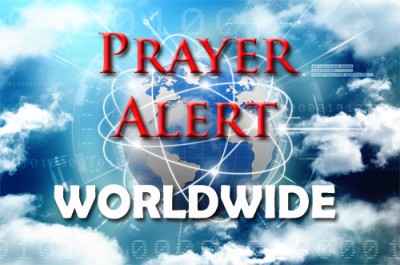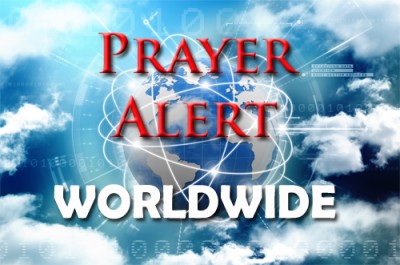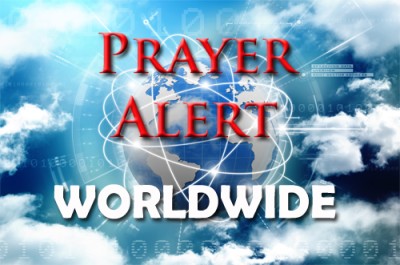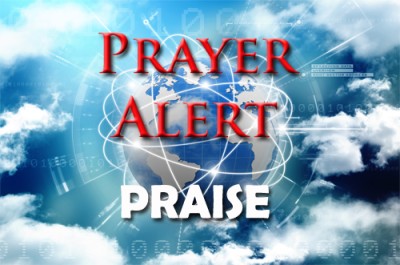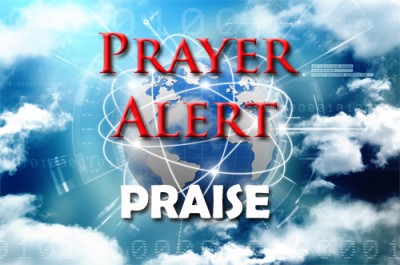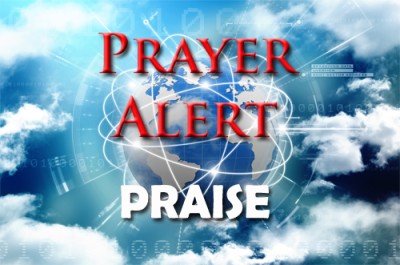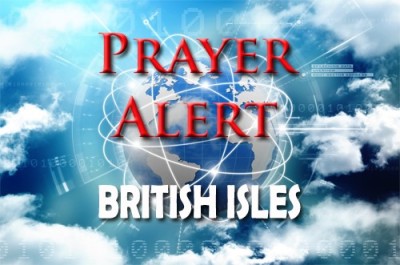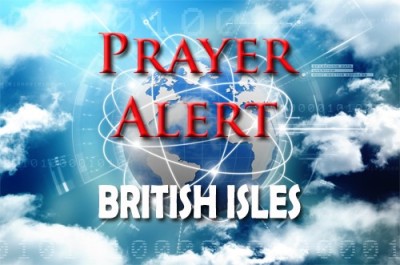Global: objections to COP28 president
06 Apr 2023Sultan Al Jaber, the CEO of the UAE’s national oil company, Adnoc, has been controversially appointed president of the UN’s COP28 summit in December; campaigners say this makes a mockery of the summit. Adnoc, the world’s 11th biggest oil and gas producer, delivered over a billion barrels of oil equivalent (BBOE) in 2021. Time is running out to end the climate crisis, yet Sultan Al Jaber is overseeing expansion to produce extra oil and gas, equivalent to 7.5bn barrels of oil, the fifth largest increase in the world. 90% would have to remain in the ground to meet the net zero scenario of the International Energy Agency. The UAE has the third largest plans for oil and gas expansion in the world, surpassed only by Saudi Arabia and Qatar.
USA: many more tornadoes
06 Apr 2023Residents across a wide swath of the USA experienced destruction from fierce storms which spawned 52 tornadoes in 11 states, killing at least 32 people, between 2 and 3 April. Storms tore a path through the Arkansas capital, and the roof of a packed Illinois concert venue collapsed. People throughout the region were stunned by the extent of the damage. Pray for families mourning the loss of loved ones, desperately waiting for news of others fighting for their lives, and sorting through the rubble of their homes and businesses. President Biden declared broad areas as major disaster areas. Arkansas declared a state of emergency and activated the National Guard for destroyed neighbourhoods. Then on 5 April, a tornado with 130 mph winds tore through Bollinger County, Missouri. It will take days to confirm the number of all the recent tornadoes and deaths.
Antarctic: seafloor holds clue to melting ice
06 Apr 2023Antarctica’s melting ice sheet could retreat much faster than previously thought. Withdrawing glaciers in Antarctica currently retreat by up to 30 metres a day. But if they sped up, the extra melt water would have big implications for sea-level rises globally. Ice losses from Antarctica caused by climate change have already pushed up the surface of the world's oceans by nearly 1 cm since the 1990s. Researchers have been looking at a great swathe of seafloor which twenty thousand years ago was witness to a massive ice sheet in the process of withdrawal and break-up: the maximum retreat was 600+ metres a day. Their research is recorded in this week's edition of the journal Nature. Scientists look into the geological past to tell us what is possible. Satellite records only cover forty years or so. This geological record has actually happened in the real world, not in a computer model world.
From the desk of Franklin Graham
30 Mar 2023‘I recently returned from an incredibly fruitful trip to Ho Chi Minh City, Vietnam, where God opened the door for me to preach the Gospel during the Spring Love Festival. It is very unusual for an evangelistic event to be held in Vietnam. What a blessing it was to watch thousands come forward at the invitation to repent of their sins and receive Jesus Christ as Lord of their lives. There is so much ministry under way right now, and none of it would be possible without prayerful support.’
Jihadists release kidnapped missionary
30 Mar 2023After more than six years in captivity in West Africa, longtime Christian aid worker Jeff Woodke has been released. His wife Els was told that he was in good condition and expressed her profound thanks to the many people in governments and others around the world who have worked so hard to see this result and praised God for answering the prayers of Christians everywhere who have prayed for this outcome. No ransom or other conditions were part of the release.
Two and a half years after being arrested, eight Christians accused of kidnapping and the forced conversion of 60 children were acquitted in Madhya Pradesh. The two men and six women were arrested while travelling with the children to a Bible camp in Nagpur. Even though the parents, from a tribal background, had given consent for their children to go, the group’s leaders were detained and charged with illegal religious conversion of the children. The ‘anti-conversion law’ in Madhya Pradesh requires a person to obtain government permission before changing religion.
Bible college sacks lecturer over a tweet
30 Mar 2023A Bible college hit the headlines this week for sacking a Christian lecturer over tweets defending a Christian view of sexuality. Dr Aaron Edwards, a father of five, was even threatened with a counter-terrorism referral for writing the tweet that went viral. Aaron was told that ‘sharing a Christian understanding of sexuality’ had brought the Methodist college into disrepute. The tweet sought to bring clarity to the same-sex 'marriage' debate; he argued that ‘if sin is no longer sin, we no longer need a Saviour.’ Aaron said, ‘The reaction to my tweet and unjust treatment by Cliff College and the British Methodist Church completely illustrates the problem my tweet addressed.’ In a wide-ranging interview with CBN, the father of five defended his tweet and said the Biblical views on sexuality were being ‘silenced and stamped out’ by the Methodist Church.
Asylum policies to change
30 Mar 2023Asylum-seekers will be housed in disused military bases in Essex and Lincolnshire and a prison in East Sussex, under plans to cut the £6 million a day spent on hotel accommodation for people landing in the UK in small boats. Housing them in barges and other floating accommodation has also been mentioned. Rishi Sunak has also brought forward proposals to use barracks at Catterick, in his constituency. The Refugee Council is deeply concerned, calling the suggested accommodation ‘entirely unsuitable’ for the needs of vulnerable men, women, and children who have come to our country in search of safety; it will add yet more cost and chaos to the system. The Home Office said that healthcare will be available along with catering facilities and 24/7 security, and ‘accommodation for illegal migrants should meet their essential living needs and nothing more’.
